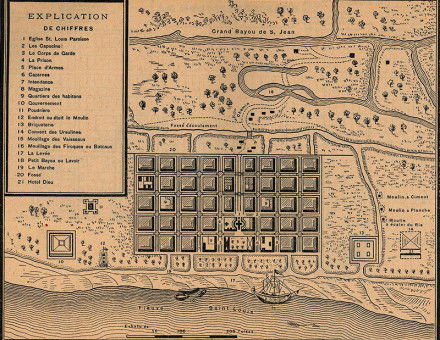Political Recollections, Part II: Lord Brougham
A further selection from a memoir Barrington composed towards the close of his life and transmitted to his kinsman, the third Earl of Durham. Through his connections with leading political families, and official appointments he held at 10 Downing Street and the Treasury, Barrington was in an excellent position from which to observe and comment on the personalities of the nineteenth century including Brougham, Melbourne, Peel and Gladstone.




